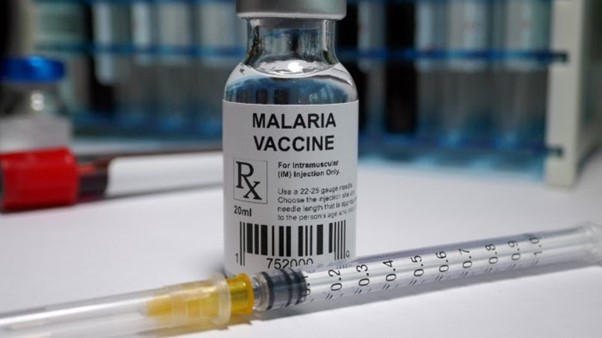Malaria Vaccine Trials Prove Successful In Burkina Faso, Production Expected By 2022
A new vaccine has proven to be 77 per cent effective in preventing malaria following trials in Burkina Faso.

A newly developed malaria vaccine by scientists at the Jenner Institute, Oxford University in the United Kingdom, has been proven to be highly effective in preventing the disease, following trials in the West African country of Burkina Faso.
The Jenner Institute is responsible for producing the Oxford/Astrazeneca COVID-19 vaccine currently being administered worldwide to fight the pandemic.
According to the scientists, the vaccine has shown to be up to 77 per cent effective in a trial consisting of 450 children in the country over the past year, with each child receiving three doses and an additional booster shot to make it four.
The trials are due to be expanded with 4,800 children to partake in four different countries, the World Health Organisation stated.
The malaria disease which is transmitted through female anopheles mosquitoes can be life threatening, claiming 409,000 lives in 2019, data from the organisation has shown.
Six countries claimed more than half of those casualties worldwide, all of which are located on the African continent. Nigeria has 23 per cent of deaths, followed by the Democratic Republic of the Congo (11 per cent), Tanzania (five per cent) and Burkina Faso, Mozambique and Niger all claiming four per cent each.
A previous vaccine, Mosquirix, developed by pharmaceutical giant GlaxoSmithKline after trials had shown to be only partially effective.
“What we’re hoping to do is take that 400,000 down to tens of thousands in the next five years, which would be absolutely fantastic,” said Prof Adrian Hill, the director of the Jenner Institute.
Hill also noted that they may apply for emergency approval for the use of the vaccine, similar to what was done with the COVID-19 vaccine, seeing that malaria posed a much greater threat than COVID-19 did in Africa.
“They did Covid in months – why shouldn’t they do malaria in a similar length of time as the health problem is an even greater scale in Africa?” she added.
The vaccine will be manufactured at the Serum Institute in India, which has also been involved in producing the Oxford/Astrazeneca COVID-19 vaccine, with expectations for approval for use by the end of 2022.
Once the vaccine has been licensed, it will be produced on a large scale with the Serum Institute promising to deliver 200 million doses yearly.
Support Our Journalism
There are millions of ordinary people affected by conflict in Africa whose stories are missing in the mainstream media. HumAngle is determined to tell those challenging and under-reported stories, hoping that the people impacted by these conflicts will find the safety and security they deserve.
To ensure that we continue to provide public service coverage, we have a small favour to ask you. We want you to be part of our journalistic endeavour by contributing a token to us.
Your donation will further promote a robust, free, and independent media.
Donate HereStay Closer To The Stories That Matter




